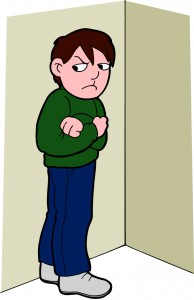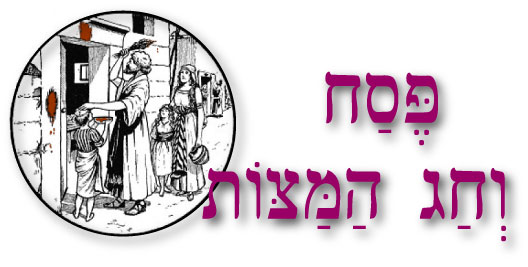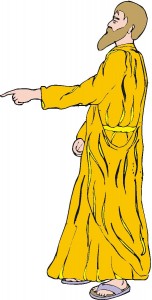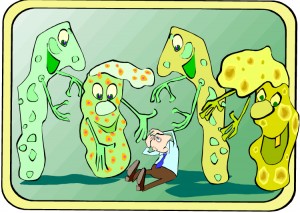1 Corinthians 5:8, Leaven of malice and wickedness. Interestingly in the Torah, there are two Hebrew words used for leaven, which is a biblical metaphor for sin. The first word, chametz refers to the sin of malice (or ill-will, malignity, desire to injure, or bitterness), while se’or, the second word, refers to wickedness or sin in general, which the Scriptures refers to as the violation of YHVH’s Torah commands (1 John 3:4). It is likely that Paul had this concept in mind when he wrote this verse.
- chametz/ץמח, is a noun (Strong’s H2557) meaning “leaven, that which is leavened, bitter.” Chametz is from the root H2556 chametz/ץמח (a verb) meaning “to be sour, to leaven.” According to The Theological Dictionary of the Old Testament, the root word of chametz designates the action and result of yeast, which ferments or sours bread dough. This idea of becoming sour is extended to a person’s negative attitude. For example, in Psalms 73:21 chametz is translated as cruel [and in Ps 73:21 as grieved]. The Torah strongly instructs that anyone eating chametz during Passover and the Feast of Unleavened Bread will be “cut off” from Israel (Exod 12:19–20). Exodus 12:39 notes that Passover bread was not leavened because the Hebrews went out quickly from Egypt and thus had no time for their bread dough to rise. Thus it had the symbolic value of teaching Israel that having been redeemed from Egypt they should leave their old life [and sinful, “sour” carnal nature] behind quickly and set out toward the Promised Land in a sin-free state. Leavened bread was also prohibited in connection with the sacrificial system (Exod 23:18; 34:25). Neither it nor honey could be burned with the meal (Lev 2:11), and it could not be baked with the fire offering (Lev 6:15). But leavened bread could be eaten with the thank offering (Lev 7:13) and with the first fruits offering on Shavuot (or Pentecost). In later Jewish thought, leavened bread become a symbol of corruption and impurity, as also in Yeshua’s teachings (Pss 71:4; 73:21; Hos 7:4; Matt 16:2; Mark 8:15) and in one remark by Paul (1 Cor 5:8; TWOT, vol. 1, page 289).
- se’or/ראשׂ (Strong’s H7603) means “leaven.” This is the generic term for leavening or leavened bread and is found five times in Scripture (Exod 12:15, 19; 13:7; Lev 2:11; Deut 16:4). In the first four references, se’or is used in parallel construction with chametz. In all places but Leviticus 2:11, it is used in reference to the Feast of Unleavened Bread, while in the former se’or is used in reference to the meal offering.
Sin as the violation of the Torah (1 John 3:4) is often discussed, but the sin of ill-will, bitterness, or a sour attitude toward others tends to be overlooked. This is because this sin so deeply rooted in one’s personality that it’s often hard for the sinner to see it in himself, although it may be clearly visible to others—especially its victims.
This sin is rooted in a heart of unforgiveness and bitterness toward others due to past hurts or wrongs committed against the person who is now harboring the bitterness (cp. Acts 8:23; Rom 3:14; Eph 4:31; Heb 12:15). If not dealt with, bitterness becomes like a deep root that penetrates deeply into the person’s heart and mind (Heb 12:15). It can permeate (like leaven) one’s entire soul, negatively affecting those around them—especially toward those who remind them of the past hurt committed against them causing the ill will to be triggered.








